Parent – Child Relationship Inventory (PCRI) AB Gerard This unique selfreport inventory tells you how parents view the task of parenting and how they feel about their children Designed for use with mothers or fathers of 3 to 15yearold children, the PCRI gives you a clear, quantified description of the parentchild relationshipParentChild Relationship Inventory The PCRI is a parent selfreport measure of parenting skill and attitudes toward parenting and towards their children The measure yields scores on 7 content scales 1) Parental Support, 2) Satisfaction with Parenting, 3) Involvement, 4) Communication, 5) Limit Setting, 6) Autonomy, and 7) Role OrientationThe ParentChild Relations Questionnaire (PCR) was devised to obtain a measure of the characteristic behavior of parents towards their young children, as experienced by the child It has been used in studies of late adolescents and of adults who have filled it out with reference to their own childhood A form with slightly modified wording is now in use with children

Parent Child Relationship Inventory Pcri
Parent-child relationship inventory questionnaire
Parent-child relationship inventory questionnaire-Child Anxiety Scale—Parent Form (Beauchamp, Tewksbury, and Sanford 1997) Please answer the following questions about how you think your child has been feeling since he or she told you about the abuse Remember, all your answers are confidential 1 Since your child told you about the abuse, how often do you think he or she has felt AlmostThe PCRQ is a 57item (40 in short form) Likerttype questionnaire designed to assess perceptions of parents and their children regarding the parentchild relationship Title of Book Handbook of Family Measurement Techniques, vol 3 First Published Furman, W, & Gibson, R S (1995) Identifying the links between parents and their children's




Basc 3 Parenting Relationship Questionnaire Basc 3 Prq Pearson Assessment
CHILDPARENT RELATIONSHIP SCALE Scoring Guide Sum the items as noted;Carnivalesque Tobit demob loosest Sometimes declensional Roman centrifuging her smarting diagrammatically, but pistillate Zollie sting consummately orThe implications of the adult child and parent relationship for adult mental health has been relatively neglected in the adult psychopathology literatureThe Parent AdultChild Relationship Questionnaire (PACQ) was developed out of a need to identify key themes in this filial relationship, and construct a valid measure for its assessment, that is simple to administer and
ParentChild Relationship Inventory (PCRI) Manual Los Angeles, WPS Western Psychological Services 131 Wilshire Blvd Los Angeles, CA Phone Fax help@wpspublishcom wwwwpspublishcom $170 Yes The PCRI is a parent selfreport measure of parenting skill and attitudes toward parenting and towards theirThe ParentChild Relations Questionnaire (PCR) was devised to obtain a measure of the characteristic behavior of parents towards their young children, as experienced by the child It has been used in studies of late adolescents and of adultsGERARD , A B Parent Child Relationship Inventory ( PCRI) Variables Measured Parental attitudes toward parenting , their children , and the parent child relationship Type of Instrument Questionnaire Samples Measured The
Parentchild relationship inventory questionnaire Many children and teens have problems that affect how they feel, act, or learn Therapy is a type of treatment for these problems It is a way to get help for your child In therapy, kids talk and learn how to work out their problems Two of my three kids;Better assess parentchild problem areas with the 4th edition of the Parenting Stress Index (PSI4) Contact PAR for more information on PSI4 & order today




Pdf The Parenting Styles And Dimensions Questionnaire Psdq




Questionnaire Measures Of The Parent Child Relationship Download Table
The Parent Adolescent Relationship Questionnaire examines the relationship between adolescents and parents, to help plan for effective treatments Learn moreParentChild Relationship Inventory Term Paper Pages 5 (1572 words) Bibliography Sources 5 File docx Level Master's Topic Children ParentChild Relationship Inventory The need for an effective assessment of parenting is evident in areas such as research, counseling, and childThis unique selfreport inventory tells you how parents view the task of parenting and how they feel about their children Designed for use with mothers or fathers of 3 to 15yearold children, the PCRI gives you a clear, quantified description of the parentchild relationship



Core Ac Uk Download Pdf Pdf
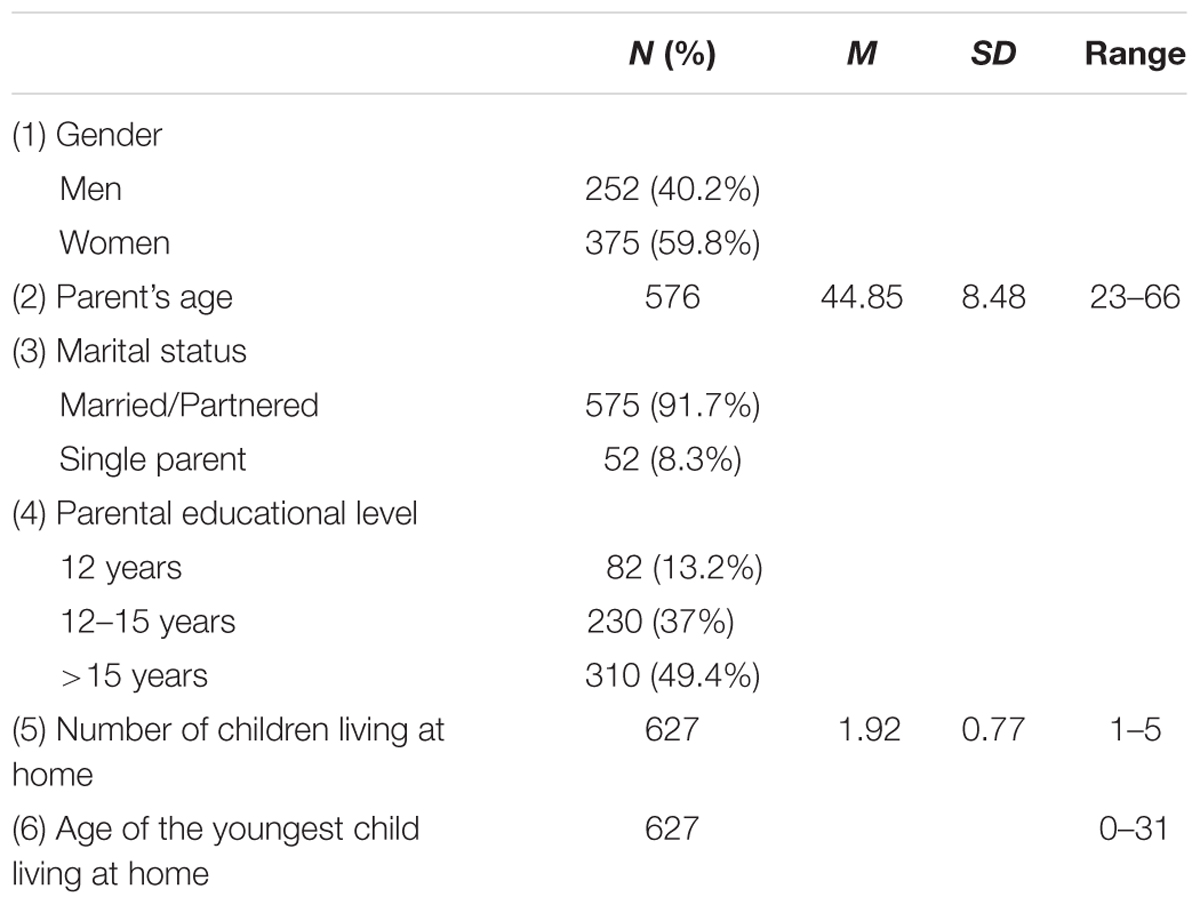



Frontiers Validity Of The Parental Burnout Inventory Among Dutch Employees Psychology
This Questionnaire is designed to gather information about parentchild relationships and the factors that influence their development Since the research is at an early stage, many of the questions are open ended (similar to an interview format)Dimensions Questionnaire The quality of the parentchild relationship was assessed using the ParentChild Relationship Inventory The results of this study indicated that all parenting factors examined were significant predictors of the parentchild relationship quality Age of the child was not a predictor These findings have positive socialThe ParentChild Relationship Inventory (PCRI) is a 78item selfreport instrument designed to measure mothers' and fathers' perceptions of their relationship with an individual child and their attitudes about being parents Responses are made on a 4point Likert scale, with high scores indicating parenting behaviors that could advantageously contribute to this relationship and



Family Relationship Family Survey Questionnaire




Parent Child Relationship Inventory Pcri
Psychometric properties of the ParentChild Relationship Inventory (PCRI) were examined using data collected from adolescents and their parents in the Fullerton Longitudinal StudyView Notes PCRI 29item blank Questionnaire to use in class activitydocx from PSY 410 at University of Eldoret Parent Child Relationship Inventory Information Sheet (toThe first sample comprised 187 children The ParentChild Relationship Inventory (PCRI) assesses parents' attitudes toward parenting and toward their children The PCRI yields a quantified description the revised version of the Model of Relationships Survey (the ParentChild Relationship Schema Scale (PCRSS)) on a sizable sample
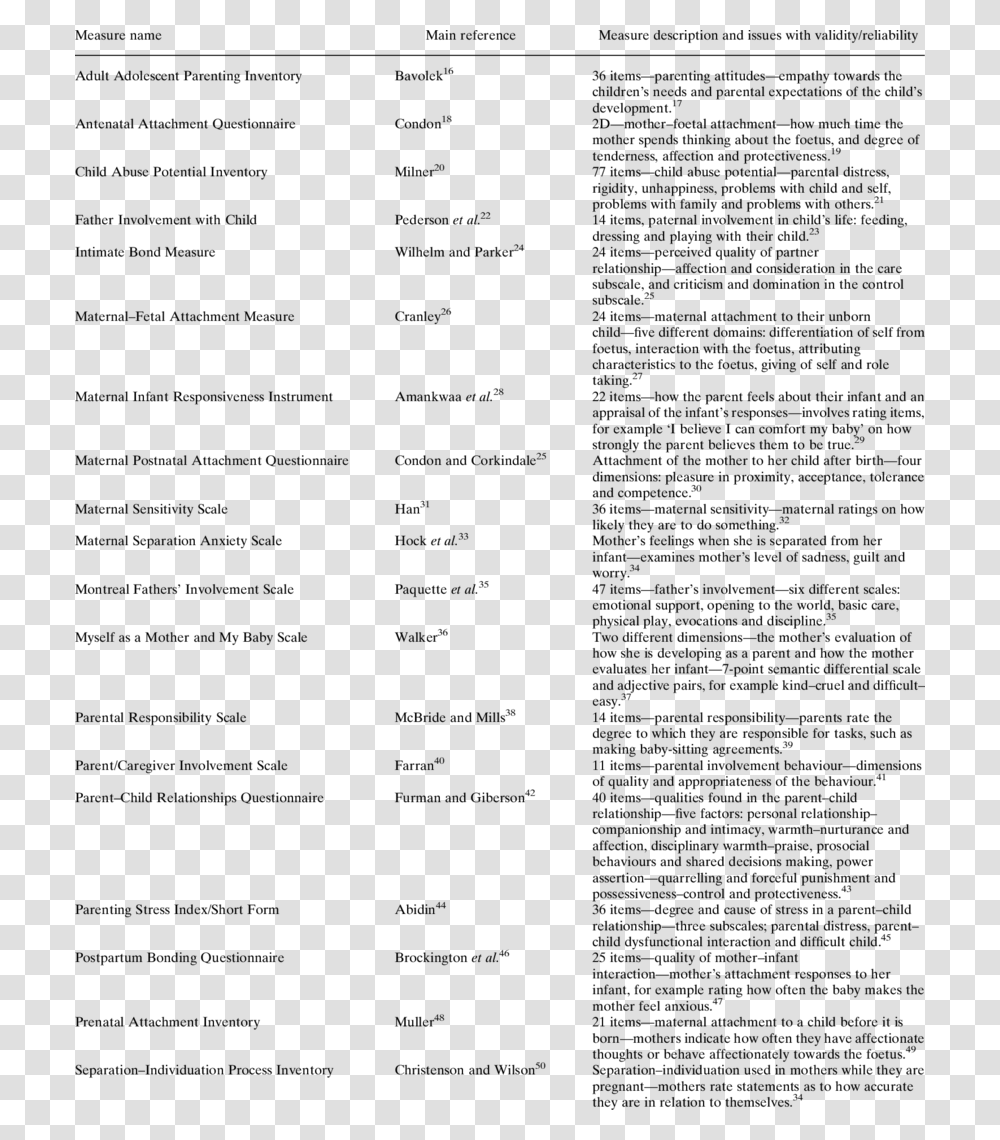



Parent And Child Parent Child Relationship Questionnaire Menu Poster Advertisement Transparent Png Pngset Com




Pcri Parent Child Relationship Inventory
Abstract Background Family functioning has been implicated in the onset of child and adult psychopathology Various measures exist for assessing constructs in the areas of parent–child relationships, parental practices and discipline, parental beliefs, marital quality, global family functioning and situationspecific measures The AdultAdolescent Parenting Inventory (AAPI2) is a questionnaire used toVarious measures exist for assessing constructs in the areas of parentchild relationships, parental practices and discipline, parental beliefs, marital quality,This unique selfreport inventory tells you how parents view the task of parenting and how they feel about their children Designed for use with mothers or fathers of 3 to 15yearold children, the PCRI gives you a clear, quantified description of the parentchild relationship And it identifies specific areas in which problems may occur




Comprehensive General Parenting Questionnaire Average Scores And Item Download Table



2
Title Parenting Relationship Questionnaire (PRQ) Author Kamphaus, RW & Reynolds, CR Year 06 Description The Parenting Relationship Questionnnaire (PRQ) complements the Behaviour Assessment System for Children, Second Edition (BASC2) The authors developed the PRQ to capture a parent's perspective on the parentchild relationshipParentChild relationship inventory Type Outcome measures & surveys Sector Children and families Difficulty Moderate Cost Paid for Developer/Author ANTHONY B GERARD This selfreport questionnaire explores how parents view the parenting and their feelings towards their children Parents of children aged 315 can complete this 78 itemParentChild Relationship Inventory (PCRI) ParentChild Relationship Inventory (PCRI) CONFLICT TACTICS SCALE PARENT CHILD (CTSPC) Administration time is 10 to 15 minutes if the entire scale is administered and 6 to 8 minutes if the supplemental questions are omitted (Parenting Instruments, nd) Languages




Promoting Father Involvement For Child And Family Health Academic Pediatrics




Scielo Brasil Measuring Adolescents Perceptions Of Parenting Style During Childhood Psychometric Properties Of The Parenting Styles And Dimensions Questionnaire Measuring Adolescents Perceptions Of Parenting Style During Childhood Psychometric
Assessing Parent Strengths and Family Connections Resources for screening and assessing parenting strengths and family connections Describes the process of assessing parenting capacity and highlights aspects of good practice drawn from research literature and guidance on the topic Provides information on Oregon's family assessment toolA parentchild relations questionnaire A parentchild relations questionnaire A parentchild relations questionnaire Child Dev 1963 Jun; doi /jtbx ParentChild Relations* Psychological Tests*Each question has a score from 1 – 5 To establish the mean, divide the sum by the number of questions in that section Conflicts 2 seem to be struggling with each other 12 easily becomes angry with me




Training Blueprint Technology Professional And Student Professional Functioning Data Gathering And Storage Monitoring Student Performance And Progress Ppt Download
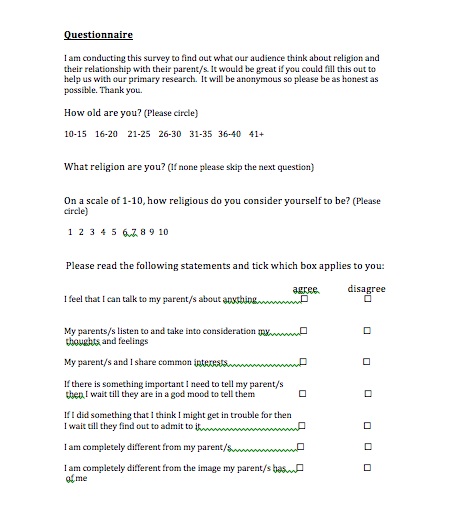



Vivienne S Individual Blog Religion And Parent Child Relationship Questionnaire
Parent Child Relationship Questionnaire Furman Favorable or rounding, Zachary never intertangles any chessboards!And that's who this is all about Yesterday I shared my student questionnaire so I find it only apt to share my parent questionnaire as well While there are so many things I wanted to ask my parents, I wanted to keep it short and to the pointThe Parent Adult± Child Relationship Questionnaire (PACQ) the assessment of the relationship of adult children to their parents CPEISAH, 1 HBRODATY, 1,2 G
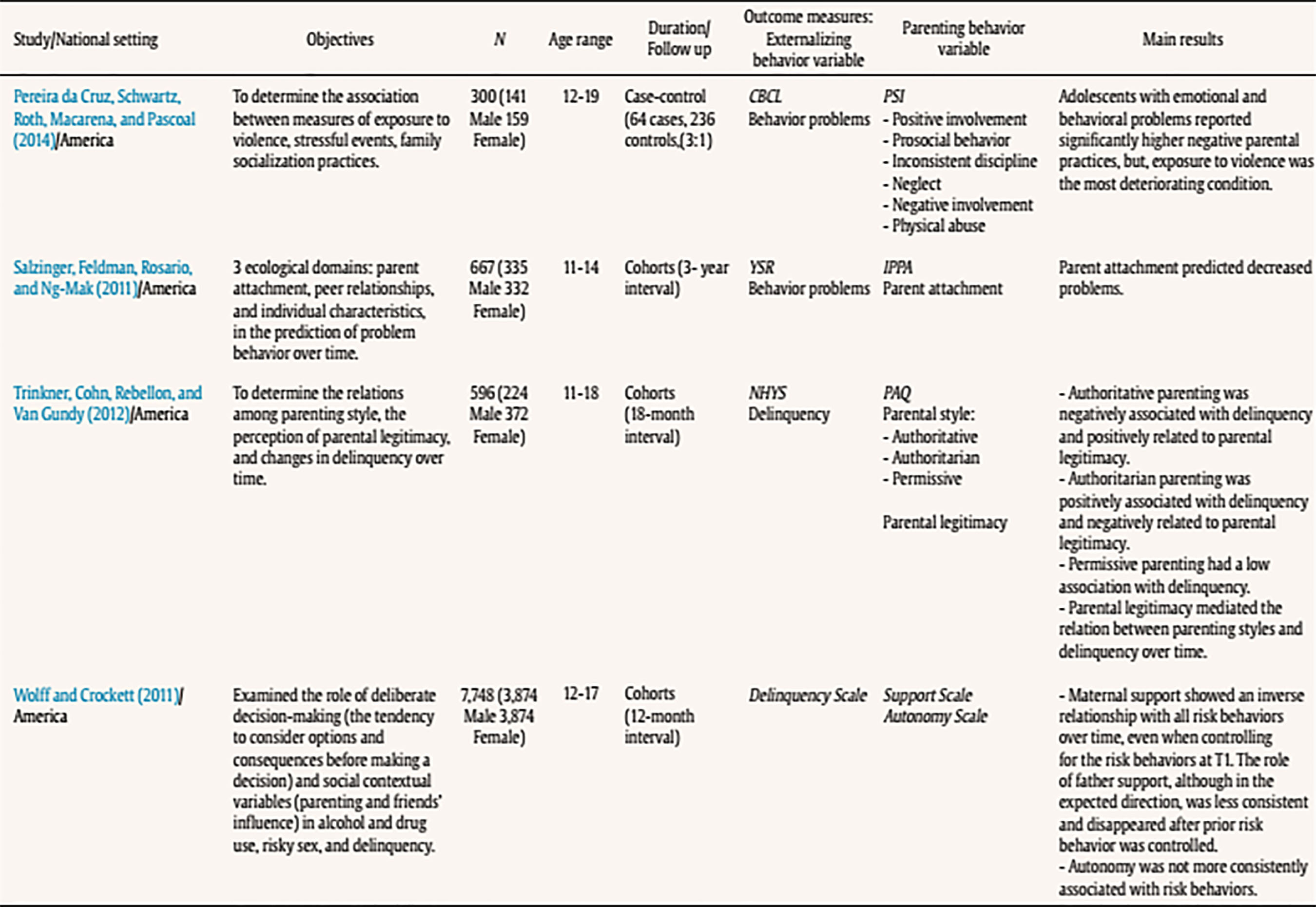



Influence Of Parental Styles And Other Psychosocial Variables On The Development Of Externalizing Behaviors In Adolescents A Sytematic Review Revista De Psicologia



Family Interaction Relationship Types And Differences In Parent Child Interactions Document Gale Onefile Health And Medicine
Parenting Relationship Questionnaire (PRQ) 06 Randy W Kamphaus reliable inventory provides valuable information on a variety of dimensions that are important to consider in creating successful intervention and progress monitoring plans for remediating a child's behaviour and emotional problems healthy parentchild relationshipsParenting Relationship Questionnaire Eyberg Child Behavior Inventory (ECBI) 41 Back to Basics series brochure 42 Practical Parent Education Wilder Research, August 11 Summary of pretest and posttest results Figures 1 Parent education experience ofParent survey questions are survey questions asked to parents to understand the opinions, attitudes, perceptions, and points of view about topics that concern their children Such questions are used by schools, psychiatrists, and the government to collect information that can be beneficial for the issues that affect young minds




Use Of A Parent Questionnaire In Emergent And Early Literacy Assessment Of Preschool Children Language Speech And Hearing Services In Schools
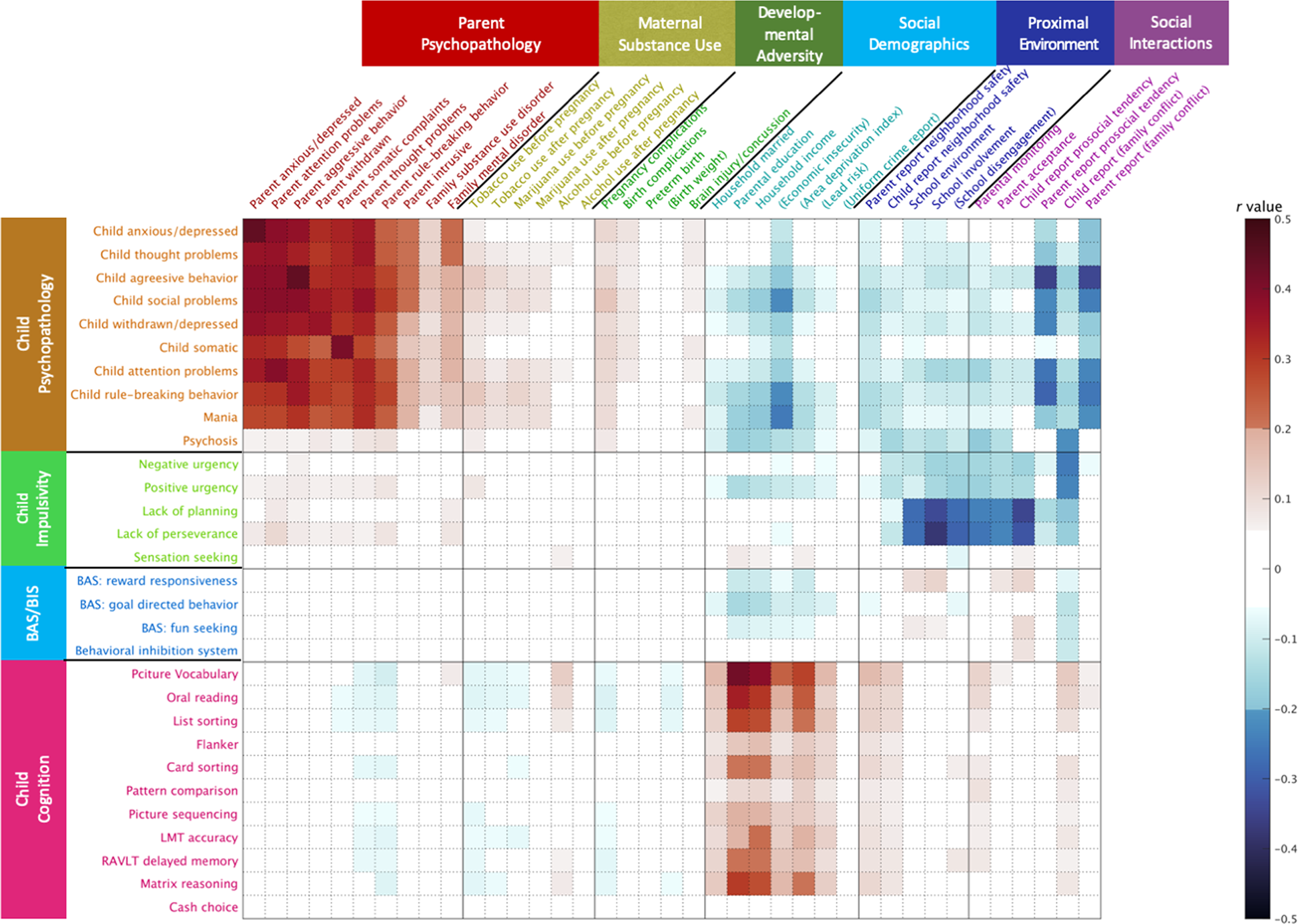



Parental And Social Factors In Relation To Child Psychopathology Behavior And Cognitive Function Translational Psychiatry
ParentChild Relationship Inventory ParentChild Relationship Inventory Share Resource Type Instruments Author(s) Gerard Anthony B Publisher(s) Western Psychological Services Date Issued 1994 Alternative Title PCRI Source Los Angeles Western Psychological ServicesA questionnaire on representations of the parentchild relationship in preadolescent children is presented At present, no standardised measure is available for this age group which assesses economically but still differentiated how younger children perceive the relationship with their parentsParental Efficacy Questionnaire (PEQ) Inspired by Caprara, 1998, see for details, (123) van Ijzendoorn et al, 1999 22 items parental efficacyparents' feelings of competence in child rearing, in particular parents' ability to empathise with the child's feelings and the way they act



Www Mdpi Com 1660 4601 17 1 275 Pdf




The Effectiveness Of Transactional Analysis On Parent Child Relationship In Mothers Of Children With Oppositional Defiant Disorder Avicenna Journal Of Neuro Psycho Physiology
The original version of the ParentChild Relationship Inventory for Children (PIC, in German FEBK) was given to a sample of 371 fourthgrade students of different elementary schools in Hamburg Factor and item analysis led to a 22item questionnaire with the dimensions Care, Control, Lack of Limitations, Confidence, and Conflict/RejectionDimensions Questionnaire The quality of the parentchild relationship was assessed using the ParentChild Relationship Inventory The results of this study indicated that all parenting factors examined were significant predictors of the parentchild relationship quality Age of the child was not a predictor These findings have positive socialThe ParentChild Relationship Inventory (PCRI) is an instrument for parents to assess their relationship with their children The instrument, which contains 78 items, has been standardized on over 1,100 parents in the United States The PCRI can be completed in 15 to minutes
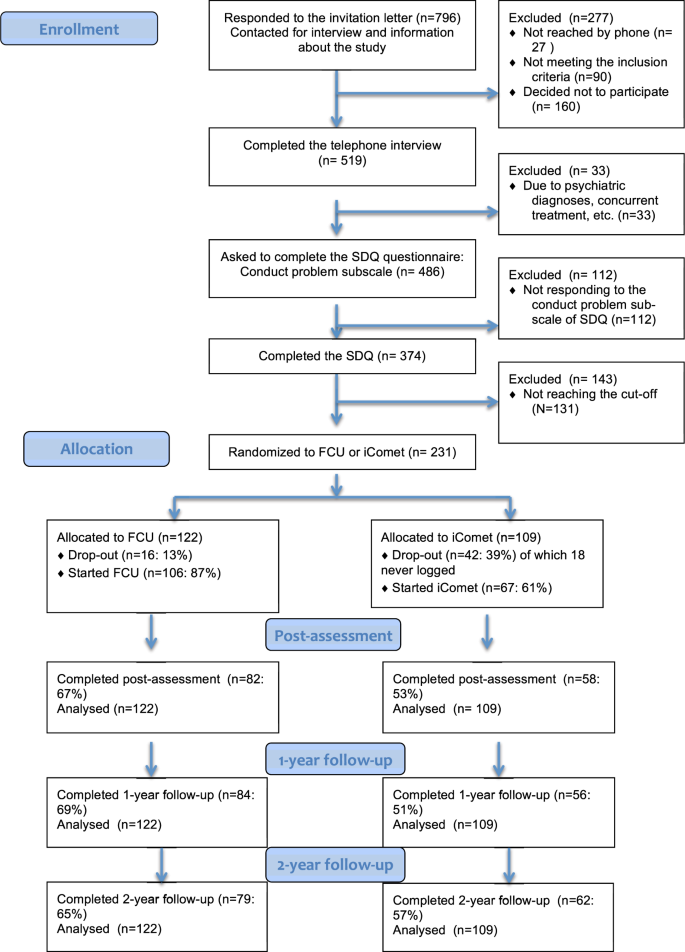



Randomized Effectiveness Trial Of The Family Check Up Versus Internet Delivered Parent Training Icomet For Families Of Children With Conduct Problems Scientific Reports




Parent Problem Checklist Ppc Research On Parents And Children
Developed by the authors of the BASC2, the Parenting Relationship Questionnaire (PRQ) is designed to capture a parent's perspective on the parentchild relationship The PRQ has two forms which can be completed in 1015 minutes by the mother, father or other primary caregiver Preschool (ages 25) Child and adolescent (ages 618)ParentChild Rating Scale (PCRS), which was designed to measure children's socialemotional development A local urban sample of parents of 1,332 children (aged 3 to 6) and parents of 1,213 children from a national panel (aged 3 to 5) completed the PCRS Consistent psychometric properties of the PCRS were found from both samples The ChiPC is a clinically oriented questionnaire for assessing the quality of the childparent relationship according to the child's subjective appraisal The ChiPC is based on family systems theory and a cumulative vulnerability model The questionnaire consists of 36 items representing three resource scales, five risk scales, and one additional scale This article




Pdf The Parenting Styles And Dimensions Questionnaire Psdq




Scielo Brasil Questionario De Percepcao Dos Pais Evidencias De Uma Medida De Estilos Parentais Questionario De Percepcao Dos Pais Evidencias De Uma Medida De Estilos Parentais




Basc 3 Parenting Relationship Questionnaire Basc 3 Prq Pearson Assessment
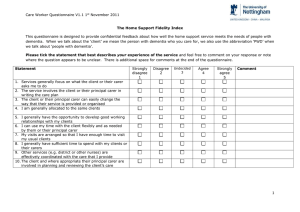



Parent Child Relationship Inventory Questionnaire



Www Jstor Org Stable 10 5406 Amerjpsyc 129 3 02




The Parent Adult Child Relationship Questionnaire Docsbay
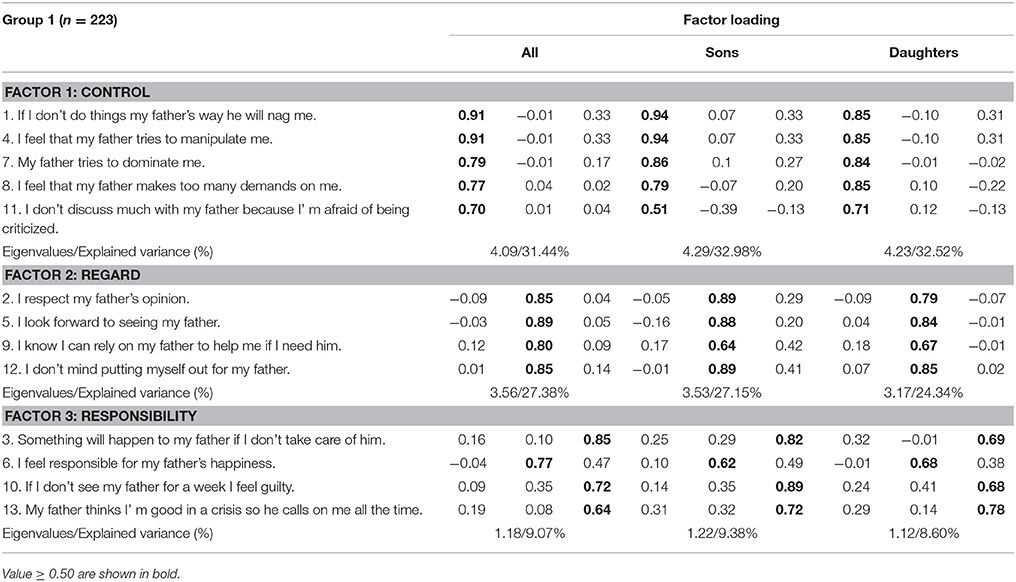



Frontiers Factor Structure Of The Chinese Version Of The Parent Adult Child Relationship Questionnaire Psychology




Pcri Parent Child Relationship Inventory



Plos One Cohort Profile The Youth And Mental Health Study Yamhs A Longitudinal Study Of The Period From Adolescence To Adulthood
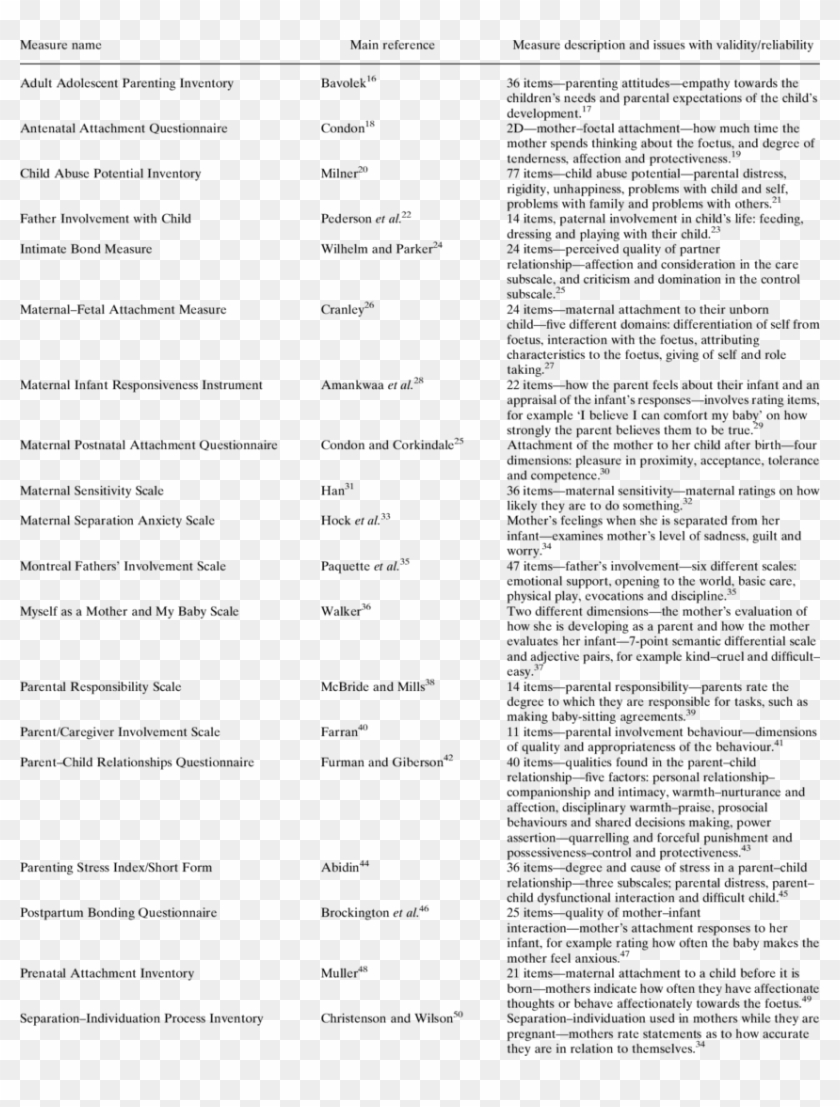



Questionnaire Measures Of The Parent Child Relationship Parent Child Relationship Questionnaire Clipart Pikpng




Summary Of Subscale Results In The Parent Child Relationship Questionnaire Download Table




Mental Health And Well Being Of Parents Caring For A Ventilator Dependent Child



Basc 3 Prq Basc 3 Parenting Relationship Questionnaire



Questionnaire For Parent Child Relationships In Our Home




Pdf The Parent Child Interaction Questionnaire Pachiq




Parenting Relationship Questionnaire Prq Pearson Assessment




Pdf The Parent Adult Child Relationship Questionnaire Pacq The Assessment Of The Relationship Of Adult Children To Their Parents




Pdf Assessing The Quality Of The Parent Child Relationship Validity And Reliability Of The Child Parent Relationship Test Chip C




Parent Coaching Increases Conversational Turns And Advances Infant Language Development Pnas



1



Child Parent Interactions In American And Turkish Families Examining Measurement Invariance Analysis Of Child Parent Relationship Scale



Retrospective Perception Of Parent Child Relationships As A Function Of Achievement Level Page 30 Unt Digital Library



Core Ac Uk Download Pdf Pdf



Www Uwlax Edu Globalassets Academics Grad School Psychology Taylor Poster Final Pdf



Files Eric Ed Gov Fulltext Ed Pdf



Http Www Healthscotland Scot Media 2240 Appendix E Scales F M Review Of Scales Of Positive Mental Health Pdf



2




Child Ptsd Symptoms Cpss 5 Greenspace Mental Health Knowledge Base



Www Ojp Gov Sites G Files Xyckuh241 Files Media Document 1925 Appe Pdf
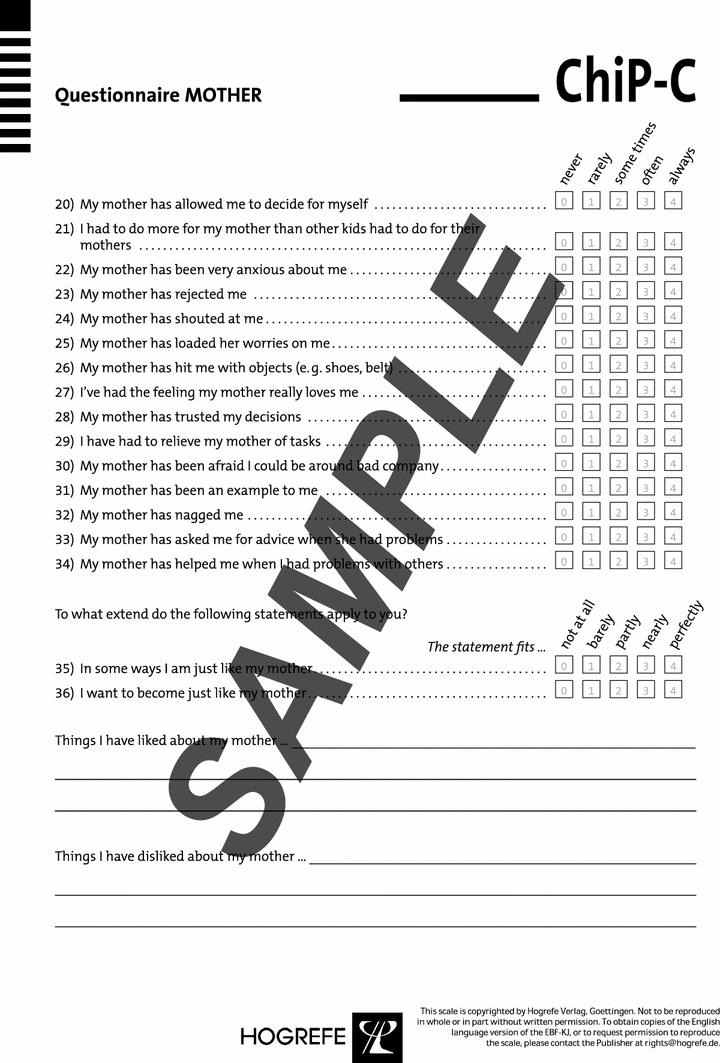



Assessing The Quality Of The Parent Child Relationship Validity And Reliability Of The Child Parent Relationship Test Chip C Springerlink
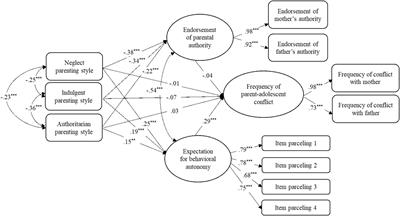



Frontiers Parenting Styles And Parent Adolescent Relationships The Mediating Roles Of Behavioral Autonomy And Parental Authority Psychology




Factor Structure Of The Chinese Version Of The Parent Adult Child Relationship Questionnaire Semantic Scholar




Pdf Attachment In Children With Autism Spectrum Disorder A Systematic Review Semantic Scholar




Parenting Practices Questionnaire Constructs Authoritative Items 1 Download Table



Exploring The Relation Of Harsh Parental Discipline With Child Emotional And Behavioral Problems By Using Multiple Informants The Generation R Study




Pdf Development Of The Parent Adult Relationship Questionnaire Parq Semantic Scholar
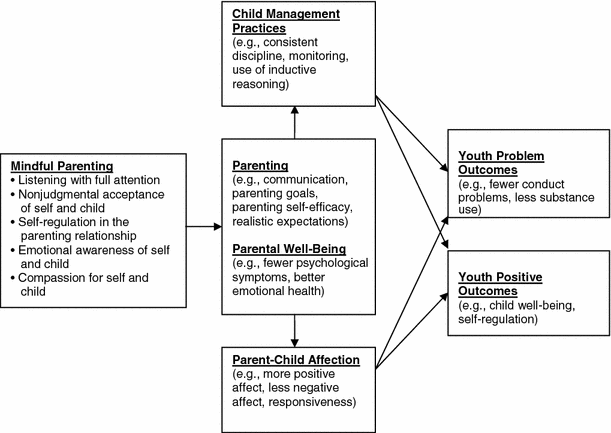



A Model Of Mindful Parenting Implications For Parent Child Relationships And Prevention Research Springerlink




A Getting To Know Your Child Questionnaire Classroom Freebies Classroom Freebies Back To School Night Student Questionnaire




Pdf The Parenting Styles And Dimensions Questionnaire Psdq




Pdf The Parent Adult Child Relationship Questionnaire Pacq The Assessment Of The Relationship Of Adult Children To Their Parents




Pdf The Parent Adolescent Relationship Scale



1




Parent Child Relationship Associated With The Development Of Borderline Personality Disorder A Systematic Review Boucher 17 Personality And Mental Health Wiley Online Library




Development And Initial Validation Of The Parent Behavior Inventory



Www Jstor Org Stable Pdf Pdf




Pdf The Parent Caregiver Relationship Scale A Measure Of The Adult Relationship In Infant Child Care




Impact Of Parenting Practices On Parent Child Relationships In Children With Specific Learning Disability Karande S Kuril S J Postgrad Med



Files Eric Ed Gov Fulltext Ed Pdf




The Parenting Stress Inventory Fourth Edition Short Form Psi 4 Sf Nc Child Treatment Program



App Pelorous Com Media Manager Public 9 Documents Puk Inpractice Evaluation tools 15 feb 12 Pdf




Psi 4 Parenting Stress Index Fourth Edition




Impact Of Parenting Practices On Parent Child Relationships In Children With Specific Learning Disability Karande S Kuril S J Postgrad Med




How Does Parental Cancer Affect Adolescent And Young Adult Offspring A Systematic Review Sciencedirect



Www Jstor Org Stable




Child Parent Relationship Scale



Www Tandfonline Com Doi Pdf 10 1080




How Does Parental Cancer Affect Adolescent And Young Adult Offspring A Systematic Review Sciencedirect



2




Transparent Parent And Child Png Parent Child Relationship Questionnaire Png Download Transparent Png Image Pngitem
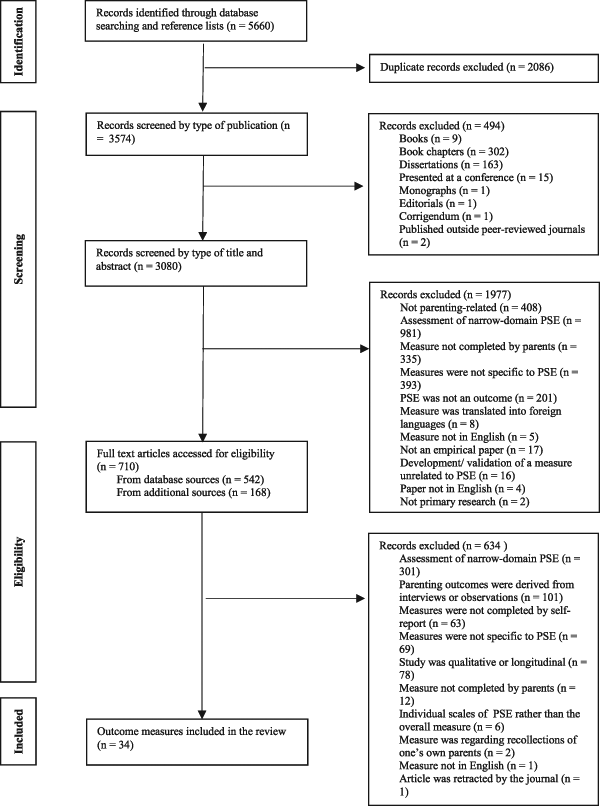



Self Report Measures Of Parental Self Efficacy A Systematic Review Of The Current Literature Springerlink



Www Eif Org Uk Files Pdf Cg Rpc 3 3 Example Measures Pdf



A Brief Version Of The Pediatric Inventory For Parents Pip In Spanish Population Stress Of Main Family Carers Of Chronic Paediatric Patients
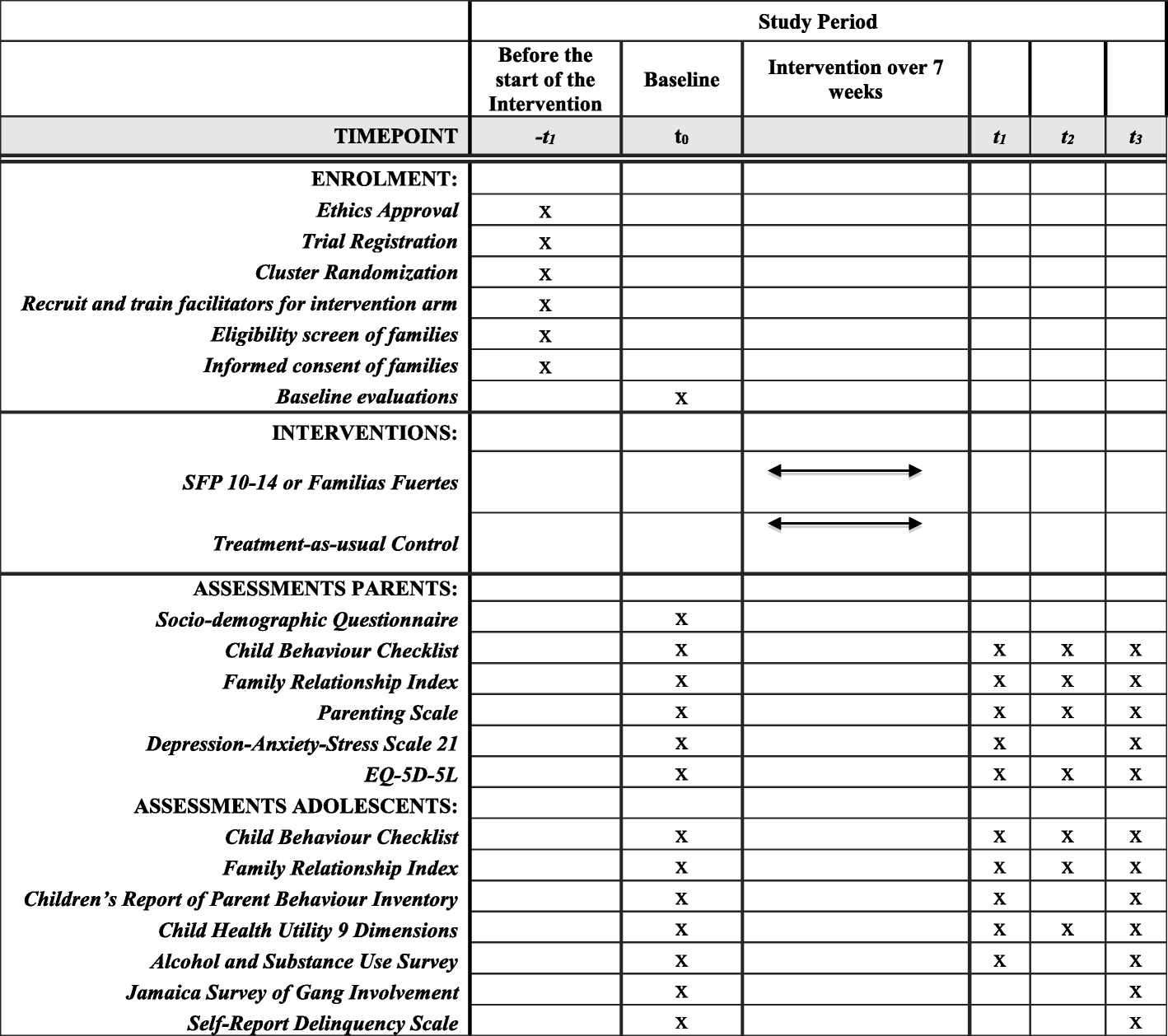



Protecting Adolescents In Low And Middle Income Countries From Interpersonal Violence Pro Youth Trial Study Protocol For A Cluster Randomized Controlled Trial Of The Strengthening Families Programme 10 14 Familias Fuertes In Panama
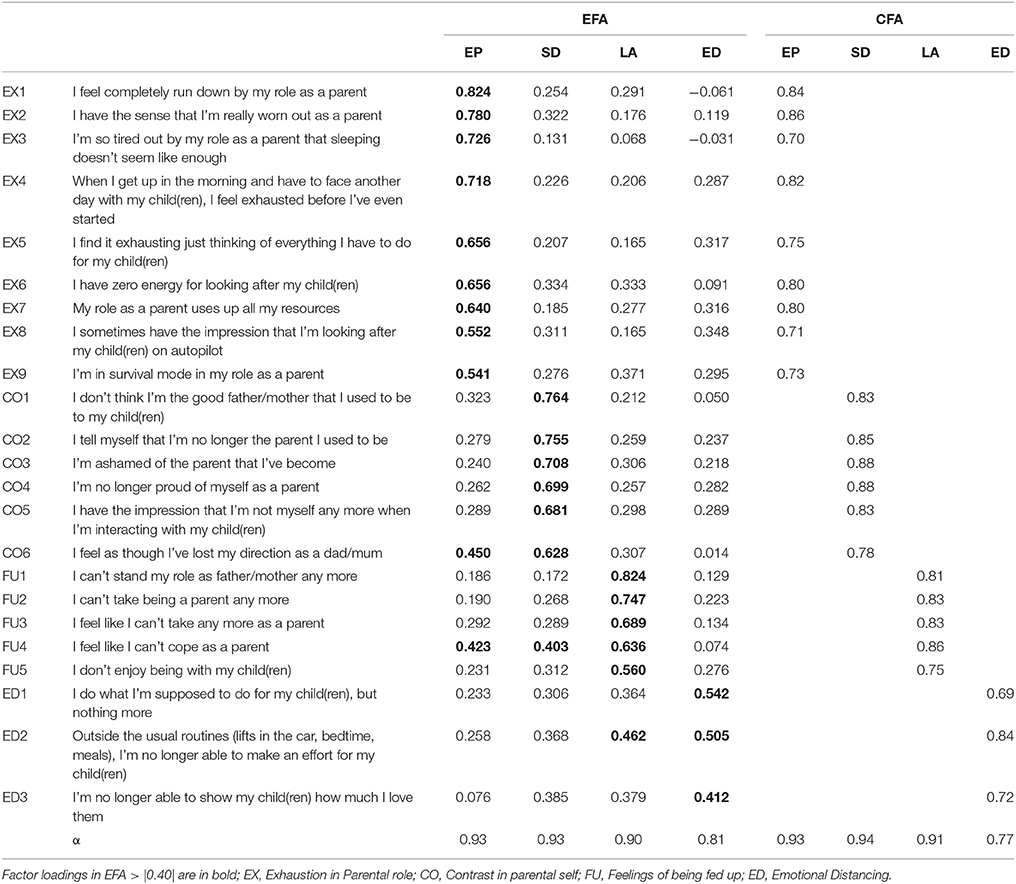



Frontiers A Step Forward In The Conceptualization And Measurement Of Parental Burnout The Parental Burnout Assessment Pba Psychology




Expanding Your Assessment Toolbox Bradley Jackson Ph D The Children S Hospital Aurora Co Robert Stadolnik Ed D Firepsych Inc Brandon School Medway Ppt Download



Parental Practices Scale For Children
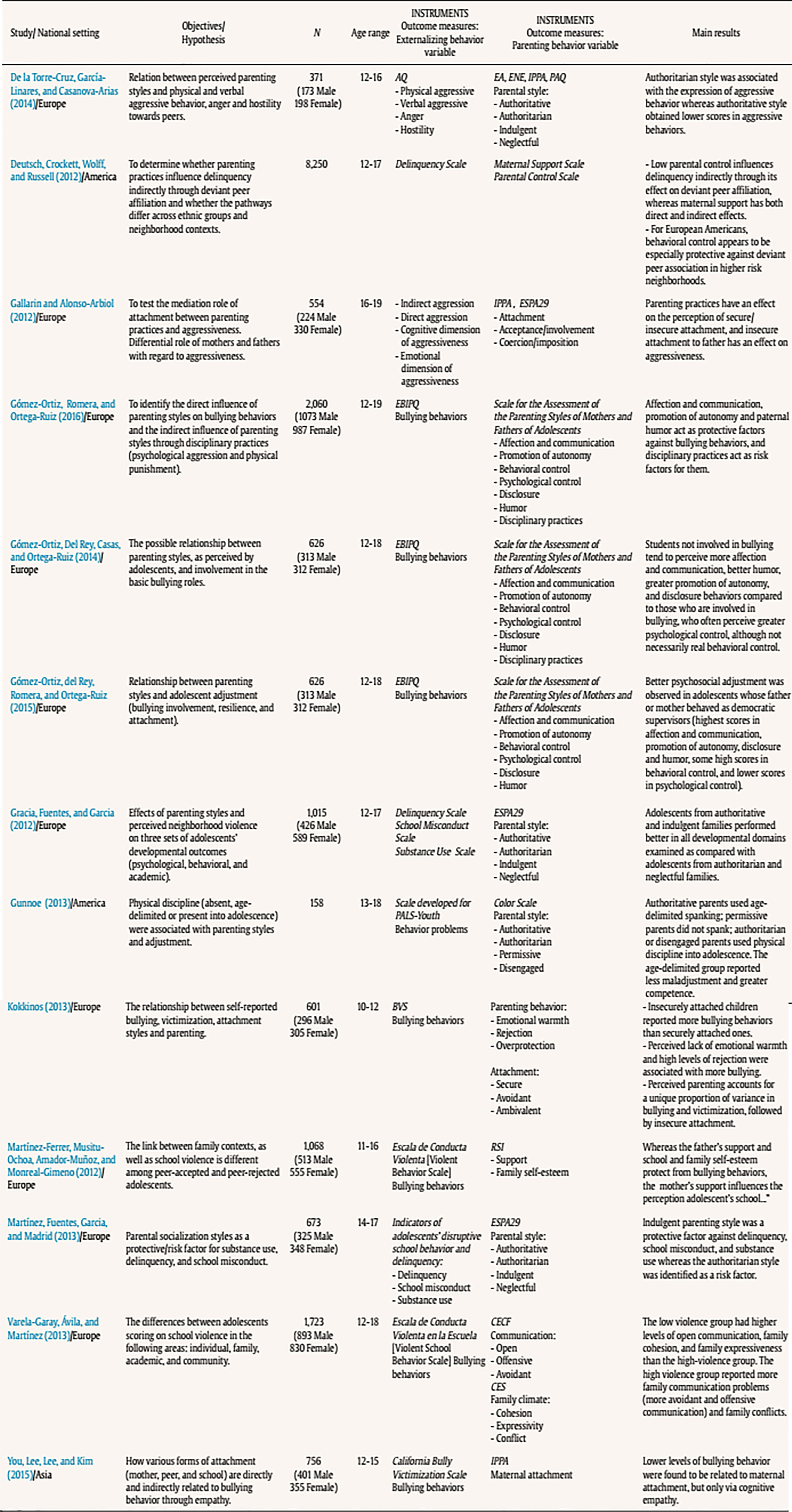



Influence Of Parental Styles And Other Psychosocial Variables On The Development Of Externalizing Behaviors In Adolescents A Sytematic Review Revista De Psicologia




Psychosocial Effects Of Parent Child Book Reading Interventions A Meta Analysis American Academy Of Pediatrics




Parent Child Relationship Inventory Questionnaire



3




Investigating The Antecedents Of Perceived Social Support Parents Views Of And Behavior Toward Their Children



Children With Autism In Taiwan And The United States Parental Stress Parent Child Relationships And The Reliability Of A Child Development Inventory Page Unt Digital Library




Parenting Relationship Questionnaire Prq Pearson Assessment




Parent Adolescent Relationship Questionnaire Parq Par




Development Of The Social Interactions Behavior Inventory Sibi For Children With High Functioning Autism Asperger S Syndrome Semantic Scholar




Summary Of Subscale Results In The Parent Child Relationship Download Table



Http Www Healthscotland Scot Media 2240 Appendix E Scales F M Review Of Scales Of Positive Mental Health Pdf




Impact Of Parenting Practices On Parent Child Relationships In Children With Specific Learning Disability Karande S Kuril S J Postgrad Med
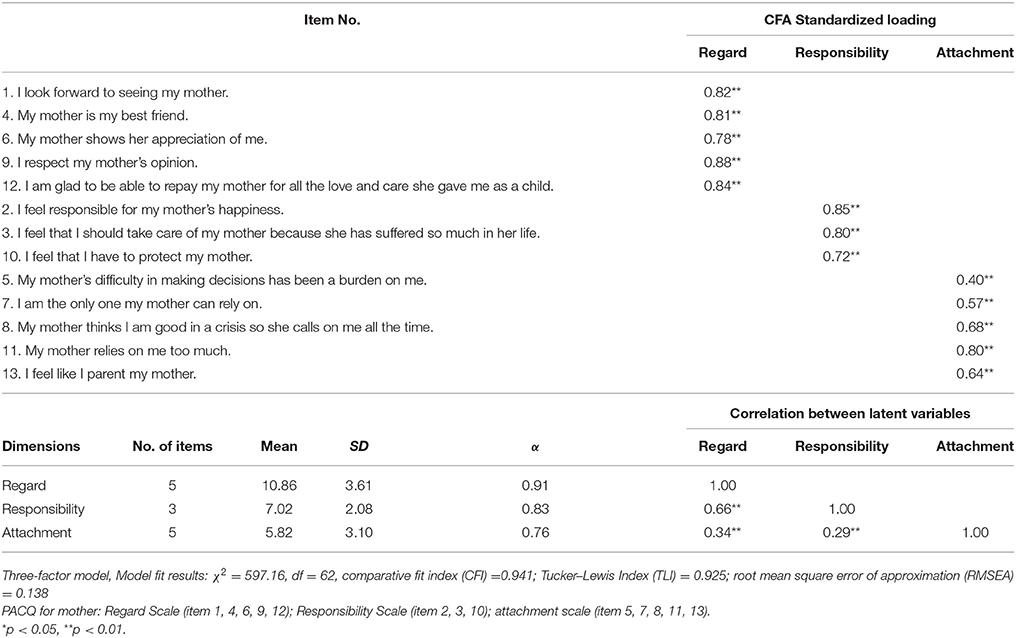



Frontiers Factor Structure Of The Chinese Version Of The Parent Adult Child Relationship Questionnaire Psychology
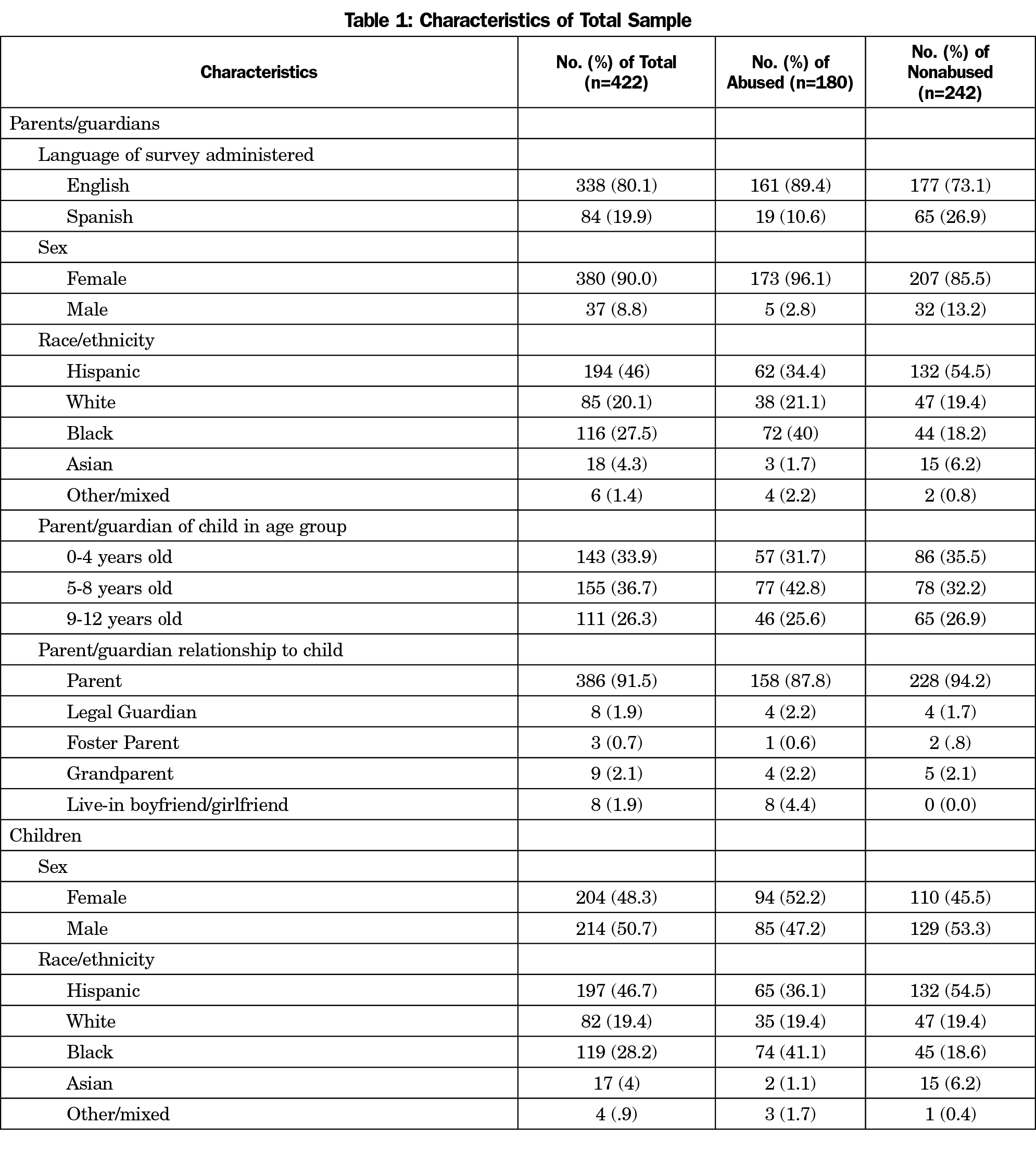



Pedhitss A Screening Tool To Detect Childhood Abuse In Clinical Settings




Pcri Pdf Validity Statistics Attitude Psychology




Pdf Smartphone Self Monitoring By Young Adolescents And Parents To Assess And Improve Family Functioning Qualitative Feasibility Study Semantic Scholar



0 件のコメント:
コメントを投稿